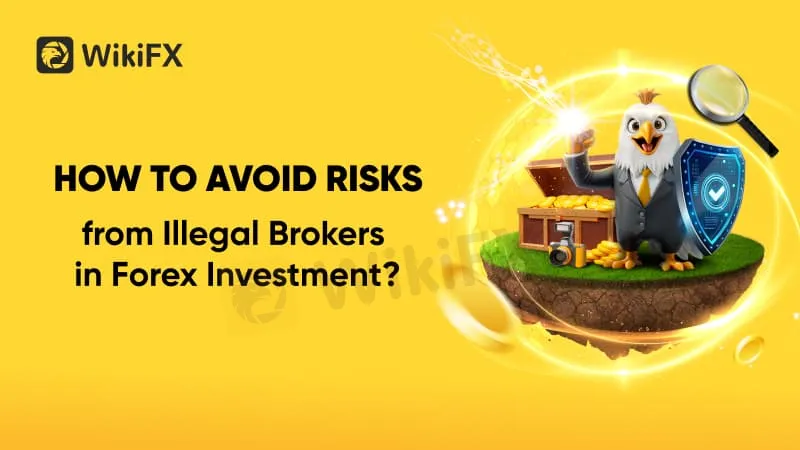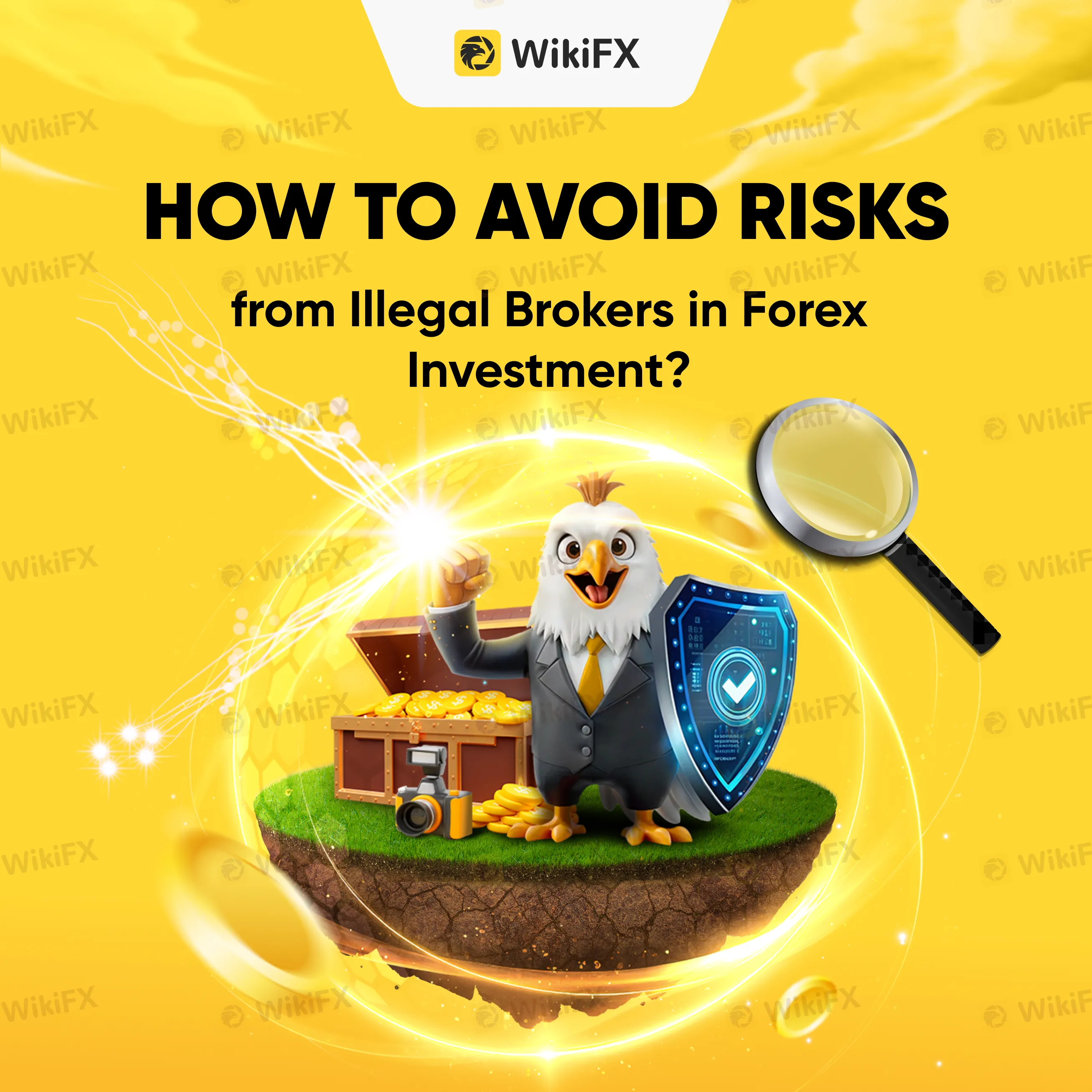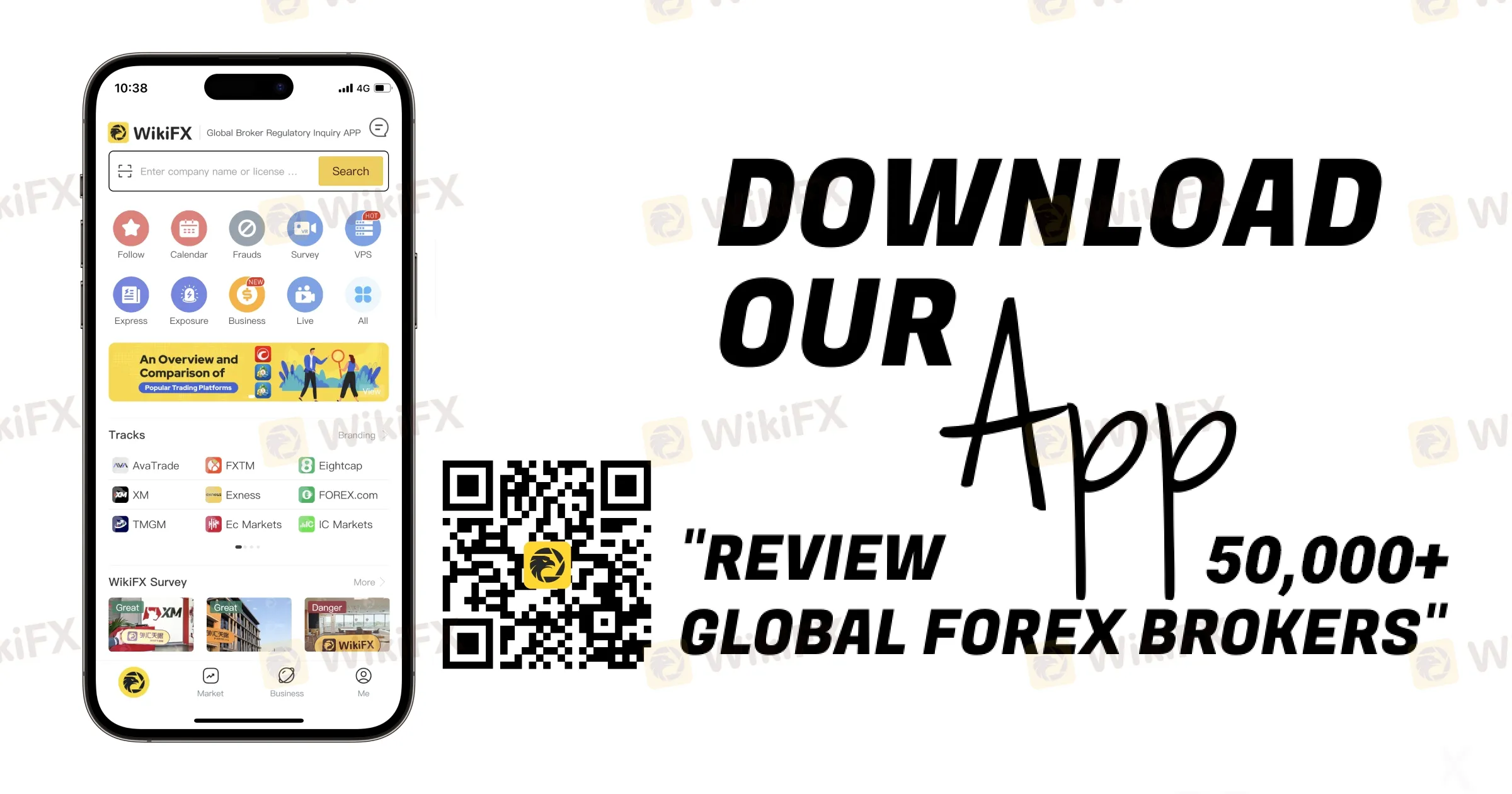How to Avoid Risks from Scam Brokers in Forex Investment
Abstract:In recent years, the forex market has become a popular choice for global investors due to its high liquidity and 24-hour trading advantages. However, according to the recently concluded WikiFX "3·15 Forex Rights Protection Day " event, we received over 6,000 pieces of evidence exposing rights violations within a short period. This reflects that, although the forex industry is becoming more regulated, fraudulent platforms continue to emerge, causing significant suffering for many victims.

Introduction: Opportunities and Pitfalls in the Forex Market
In recent years, the forex market has become a popular choice for global investors due to its high liquidity and 24-hour trading advantages. However, according to the recently concluded WikiFX “3·15 Forex Rights Protection Day ” event, we received over 6,000 pieces of evidence exposing rights violations within a short period. This reflects that, although the forex industry is becoming more regulated, fraudulent platforms continue to emerge, causing significant suffering for many victims.
These illegal brokers often lure investors with promises of “high returns” and “zero risk,” and some even impersonate well-known brokers. In reality, they profit through false advertising, money schemes, or outright theft of funds. In such a complex market environment, learning to verify a broker's regulatory licenses has become the first line of defense for forex investors to avoid risks.
Broker Regulatory Licenses: Legitimacy is the Lifeline
Each country has its own authoritative regulatory bodies, such as the NFA (USA), ASIC (Australia), and FCA (UK). Brokers operating in these jurisdictions are subject to strict oversight by local regulators. However, investors should be cautious:
- Beware of “Regulatory” Traps: Some platforms claim to hold licenses from certain countries or regions, but these jurisdictions may have lax regulations or be small islands with minimal oversight. While they may issue licenses, the associated risks remain high.
- Verify the Authenticity of Regulatory Numbers: Some illegal platforms provide fake regulatory licenses. Investors must verify the legitimacy of these licenses by checking the broker's name or license number on the official regulatory website.
Before depositing funds, investors must conduct the following checks on a broker:
- Regulatory Bodies: Is the broker regulated by top-tier authorities like NFA, ASIC, or FCA?
- License Scope: Does the license cover all types of services offered by the broker?
- Historical Record: Has the broker been penalized for violations or involved in fund misappropriation cases?
- Fund Segregation: Are client funds held in segregated accounts with third-party banks, and can this be verified?
- Localized Services: Does the broker provide compliant localized services and support?
How Can Investors Quickly Identify Regulatory Risks?

For many forex investors, identifying regulatory traps and verifying license authenticity can be challenging. Due to a lack of in-depth industry knowledge, these risks are often overlooked. How can investors simplify and safely verify the authenticity of regulatory bodies?
By leveraging WikiFX's global expertise and over a decade of industry experience, the WikiFX Rating System's regulatory index can quickly help investors identify regulatory risks.
The regulatory index is a quantitative assessment of a broker's regulatory status, developed by WikiFX's professional team using regulation grading standards, actual regulation values, regulation effectiveness models, and regulation anomaly prediction models. Through rigorous and scientific algorithms, it helps investors minimize trading risks to the greatest extent possible.
Rational Investing Starts with Respecting the Rules
The forex market offers no shortcuts to “overnight wealth” but is riddled with traps that prey on the uninformed. By rigorously verifying broker qualifications and effectively utilizing WikiFX, investors can keep risks within manageable limits. Please remember that safety is the foundation of trading.
Choose Brokers with WikiFX for Safer Forex Investment!

Read more

TriumphFX Rebrands to Continue Global Fraud: Over RM80 Million Lost
The notorious forex investment company TriumphFX, previously exposed for running a global scam operation for over a decade, is now being accused of rebranding itself to continue defrauding unsuspecting investors. Despite being unregulated and based offshore in Seychelles, TriumphFX has actively targeted Malaysian investors, luring them with false promises and eventually converting funds into cryptocurrency, making recovery nearly impossible.

TriumphFX Faces 29 Exposure Reviews on WikiFX
TriumphFX faces scrutiny with 29 exposure reviews on WikiFX, revealing regulatory warnings from ID BAPPEBTI, VU VFSC, SG MAS, and MY SCM, plus user complaints about withdrawal issues and fraud concerns.

What WikiFX Found When It Looked Into Exclusive Markets
In the fast-growing world of online trading, security and regulation are essential. One company now raising questions in this space is Exclusive Markets, a broker claiming to be regulated, but scrutiny of its licence and operations suggests a more complex picture.

TriumphFX Review 2025: A Safe Bet or a Risky Trap?
Is TriumphFX a trustworthy broker or a scam in 2025? This review explores its regulation, withdrawal issues, and more to help you decide if it's a safe bet or a risky trap.
WikiFX Broker
Latest News
How much money will you earn by investing in Vantage Broker?
IronFX vs Exness Review 2025: Comprehensive Broker Comparison
Fraudsters Are Targeting Interactive Brokers' Users with Lookalike Emails
Everything you need to know about ADSS
SkyLine Guide 2025 Malaysia: 100 Esteemed Judges Successfully Assembled
Vantage Markets Review 2025: Trusted Forex and CFD Trading Since 2009
Top Tips to Choose the Best Forex Broker in 2025
SEBI Notifies New F&O Rules for Investors - New Derivative Trading Limits & More Amendments
Interactive Brokers: Global Office Visits and Licensing Details
U.S. Jobs Data Released: A Potential Boost for Gold Prices
Rate Calc
